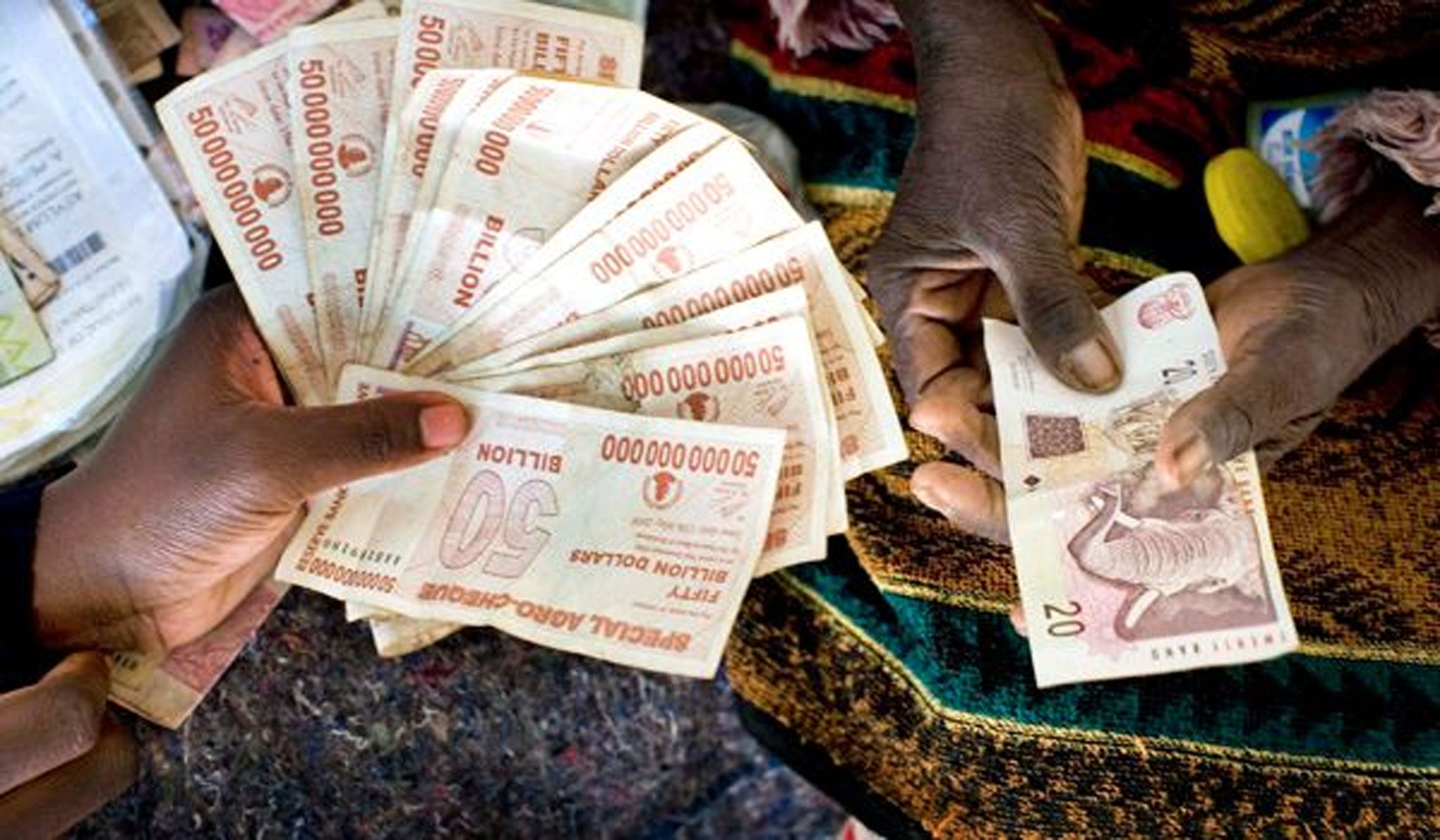Corruption in Africa leads to poverty and human rights abuses – and Britain is complicit
Bribery and corruption are not just African problems. David Cameron must tackle corporate wrongdoing at home first

Your support helps us to tell the story
From reproductive rights to climate change to Big Tech, The Independent is on the ground when the story is developing. Whether it's investigating the financials of Elon Musk's pro-Trump PAC or producing our latest documentary, 'The A Word', which shines a light on the American women fighting for reproductive rights, we know how important it is to parse out the facts from the messaging.
At such a critical moment in US history, we need reporters on the ground. Your donation allows us to keep sending journalists to speak to both sides of the story.
The Independent is trusted by Americans across the entire political spectrum. And unlike many other quality news outlets, we choose not to lock Americans out of our reporting and analysis with paywalls. We believe quality journalism should be available to everyone, paid for by those who can afford it.
Your support makes all the difference.In the past week, two corporate bribery cases have come to light revealing British involvement in corruption in Africa. Standard Bank agreed to pay £21.7m in fines and repayments of bribes following alleged bribery in Tanzania and a former employee of British American Tobacco (BAT) confessed on Panorama to serial bribe-paying in East Africa.
The claims made by individuals in the Panorama documentary are of deep concern and warrant a thorough investigation. If this kind of bribery has really taken place, a prosecution of both the company and the individual is necessary. As with all UK bribery cases, this would require punishment to take into account the impact on the people of the countries in question - in this case, the health of the nation.
Western states’ complicity in global corruption affects countries with poor governance structures, directly impacting the lives of citizens. In the BBC investigation, the former BAT employee interviewed claimed that when he was instructed to pay bribes, he was told ‘in Africa, that’s the cost of doing business’. This was a mantra held for years by companies doing business on the continent. But in 2015 it must be understood that the real cost of bribery is not a few thousand pounds out of millions in profits; it can be the difference between life and death for the local population.
Just yesterday Transparency International (TI) launched the results of its corruption survey in Africa, which found that 58% of Africans in the surveyed countries say corruption has increased over the past 12 months. Bribery hinders efforts to alleviate poverty and can contribute to instability and human rights abuses. Poor governance in aid recipient countries also undermines the impact of UK aid and economic development. Bribery is not a victimless crime.
In the UK, most lobbying does not involve such direct cash payments - we have a refined version, as demonstrated by the recent legal case involving former MP Tim Yeo. He lost a libel action against The Sunday Times which had claimed that fees paid to him as a 'consultant' were lobbying by another name. While Mr Yeo and East African bribery are two completely different contexts, in both there is a risk of undemocratic decision making and putting private gain before the public interest.
David Cameron has made some positive steps towards fighting corruption in recent years, and TI has welcomed his plans for an ‘Anti-Corruption Summit’ in 2016. But there is work to be done if he is to have the authority to speak to an international audience on corruption – corruption is not just an African problem, it’s a British one too.
The high levels of corruption risk in UK politics, consistently downplayed by those in power, and the continued export of corruption by UK-based companies, need to be addressed. Government and businesses in the UK must understand that they are part of the ‘corruption problem’ before they can be part of the solution.
Alice McCool is Campaigns Officer for Transparency International UK
Join our commenting forum
Join thought-provoking conversations, follow other Independent readers and see their replies
Comments